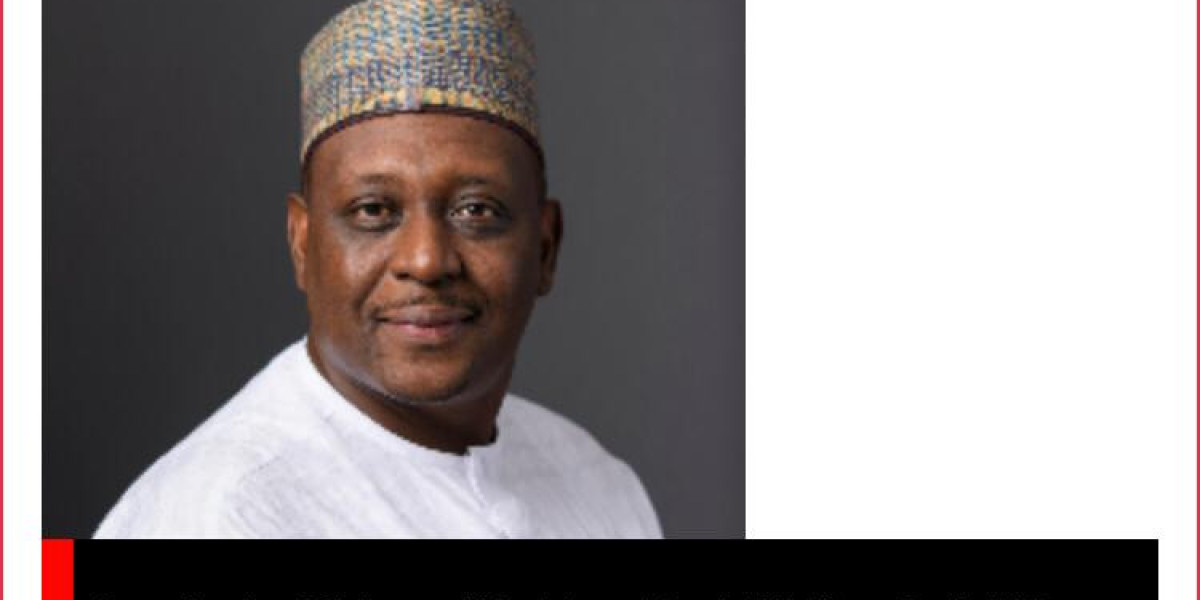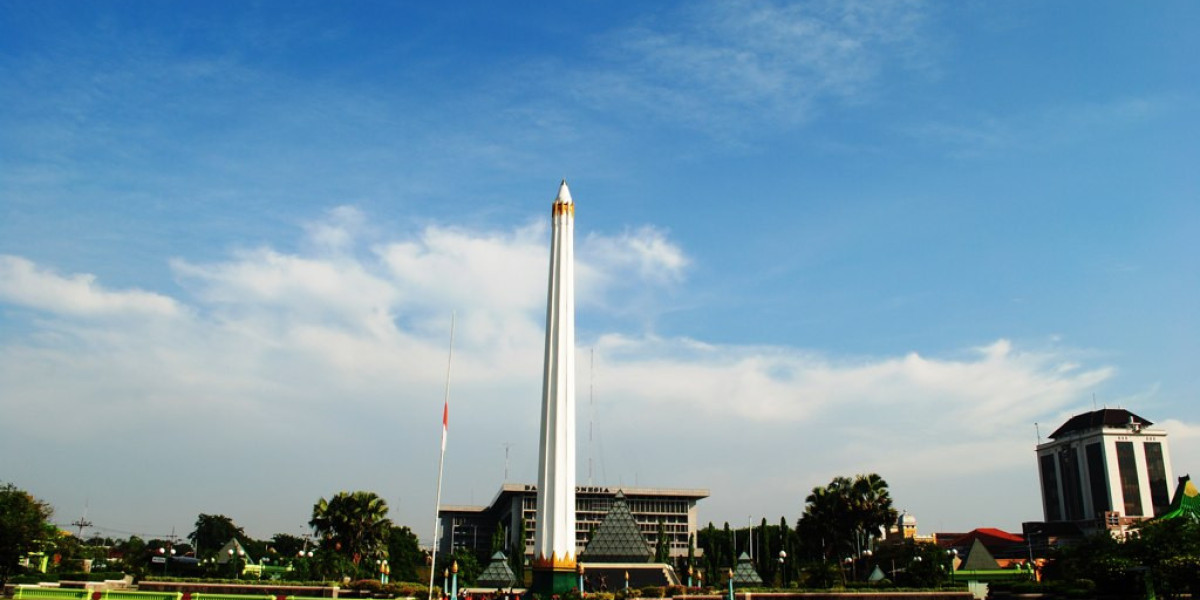The Coordinating Minister of Health and Social Welfare, Prof. Ali Pate, addressed reporters in Abuja after a three-day briefing session with departments and agencies under the ministry. During the briefing, he highlighted a significant challenge in Nigeria's healthcare system—the shortage of healthcare professionals. Pate stated that the country's healthcare workforce, which includes community health workers, nurses, midwives, pharmacists, physicians, lab scientists, technicians, and auxiliaries, currently stands at approximately 400,000. He emphasized that this workforce is insufficient to meet the healthcare needs of Nigeria's population of 220 million people.
Global Shortage of Health Manpower
Prof. Pate pointed out that Nigeria's doctor-to-population ratio falls below the standards recommended by the World Health Organization (WHO). He explained that there is a global shortage of health manpower, with a deficit of nearly 18 million professionals worldwide. In developed countries where the aging workforce is retiring, there's a growing need for healthcare workers. Prof. Pate suggested that Nigeria could produce more healthcare professionals to not only address domestic needs but also contribute to the global demand.
Infrastructure and Retention of Healthcare Workers
While acknowledging the importance of increasing the healthcare workforce, Prof. Pate also highlighted the significance of improving infrastructure and creating an environment where healthcare professionals feel respected and valued. He expressed optimism that with better working conditions, some healthcare workers who had left the country might return to serve. He stressed the importance of recognizing and celebrating the contributions of the existing healthcare workforce while simultaneously expanding and enhancing their training.
Addressing Medical Tourism
Regarding medical tourism, Prof. Pate acknowledged that it's a trend in many countries, whether developed or developing. He noted that some people seek medical procedures abroad due to affordability. However, he emphasized the need to use public financing judiciously and explore opportunities to retain resources spent on medical tourism within the country. He mentioned discussions about mobilizing private capital to invest in healthcare infrastructure and services, reducing the reliance on public funds for procedures like plastic surgery, and retaining funds in the country.
Engaging Development Partners and Ensuring Transparency
Prof. Pate also discussed financing for the healthcare sector and engagement with development partners. He mentioned meetings with these partners to seek their support and emphasized the importance of transparency in the allocation of resources. He advocated for a collaborative approach where both the government and external parties work together transparently to ensure efficient allocation of resources and improved healthcare delivery.
In conclusion, Prof. Ali Pate outlined the challenges and potential solutions in Nigeria's healthcare system, emphasizing the need to address the shortage of healthcare professionals, enhance infrastructure, reduce medical tourism, and promote transparency in resource allocation.
Naijamatta is a social networking site,
download Naijamatta from Google play store or visit www.naijamatta.com to register. You can post, comment, do voice and video call, join and open group, go live etc. Join Naijamatta family, the Green app.
Click To Download


